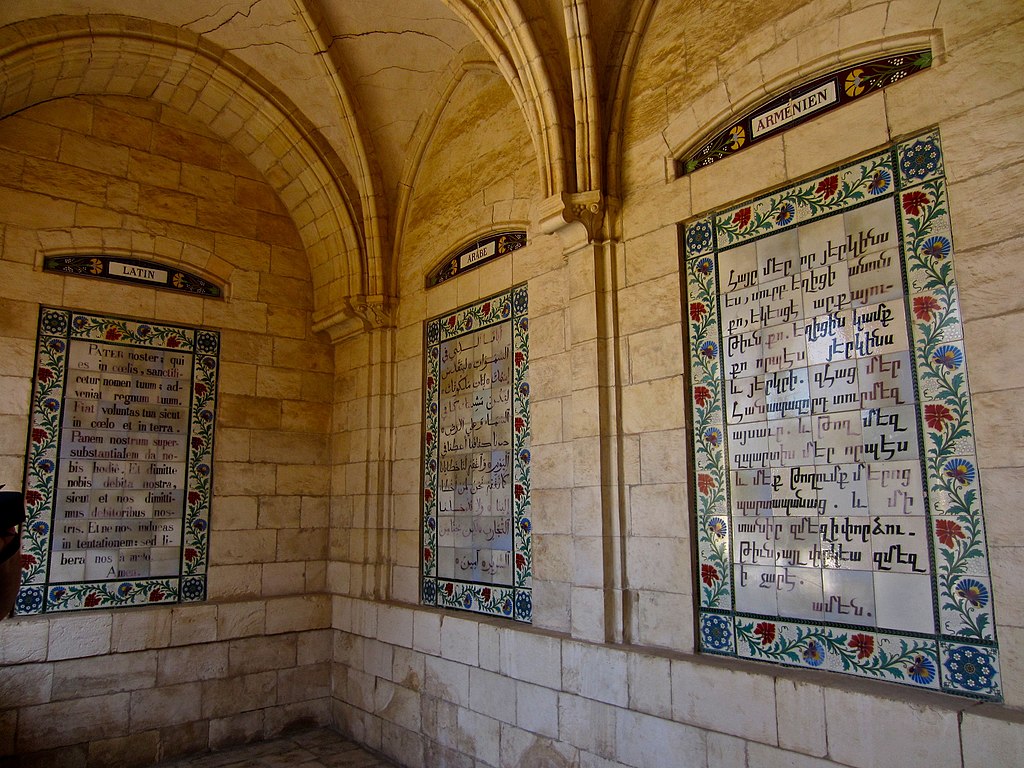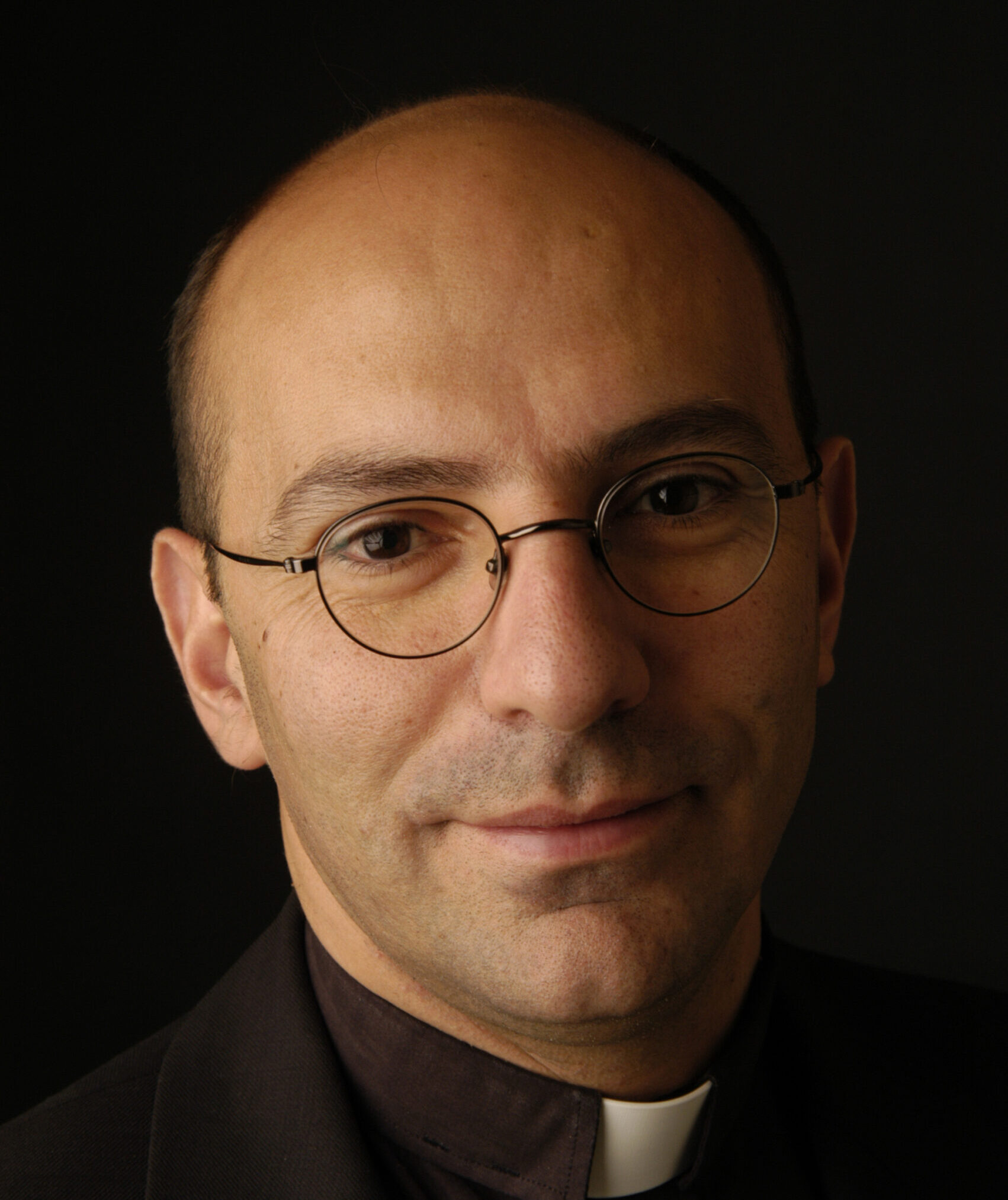
I would like to start by thanking all the contributors for their important essays, valuable insights, and scholarly feedback. In this response, I will focus on three areas: claiming agency, exploring colonial tools, and understanding transnational communities, that were picked up by my four colleagues.
Claiming agency
This book is part of several edited volumes of mine which focus on the Christians of the Middle East. All of these volumes tackle numerous aspects of the history, life, and witness of the Christians in our region. Over half of the contributors to them are Middle Eastern scholars of religion, theology, history, and sociology. The main goal of these publications is to raise awareness of the situation of the Christians in the Middle East to a North American and European audience and to provide a platform for Indigenous Christians to tell their stories in their own words. For too long, North American and European scholars have been telling the story of the Christians of the Middle East. Many of them have produced genuine and valuable research that is important. Others, however, have instrumentalized Middle Eastern Christians for their own political ends or conservative religious agendas.
Beside the Politics of Persecution, two books I co-edited with Mark A. Lamport have taken on this topic: The Rowman and Littlefield Handbook of Christianity in the Middle East: Historical Sketches and Contemporary Practices and Surviving Jewel: An Enduring Story of Christianity in the Middle East. Recently released is another edited volume, In the Eye of the Storm: Middle Eastern Christians in the Twenty First Century (Wipf and Stock, 2023). In all of these books, the main aim has been to deconstruct orientalist, discourses and offer a decolonial framework for countering it. In doing so, we demonstrate that Middle Eastern Christians have agency and cannot be defined merely by their victimhood. Nowhere is this Euro-American colonial discourse more visible than in Christian Zionism. The Politics of Persecution does not dwell on this phenomenon, which is the topic of my book, Decolonizing Palestine: The land, the People, The Bible (Orbis 2023).
Exposing Colonial Tools
Over the course of the last two centuries, several tools have been developed by European and American scholars that have allowed them to use Middle Eastern Christians to further their colonial interests. One of these is the tool of sectarianianism, which looks at the Middle Eastern region as a conglomerate of religious sects. A topical, historical example of this is the British conceptualization of Jerusalem as a city of four sectarian quarters: Christian, Muslim, Jewish, and Armenian. This conceptualization took place even though each quarter was housing Palestinians with diverse faiths. The French similarly divided Syrian territory along sectarian lines between Sunni, Alawite, and Druze.
Another tool that was developed in the aftermath of World War I was the concept of minorities in the region. The influence of Christians and other prominent communities was minimized, giving colonial powers an excuse to interfere in the internal policies of the newly “independent” Middle Eastern states.
The latest tool is known as FoRB, “Freedom of Religion or Belief,” a mandate and special focus of the UN. There is genuine concern among many Christians in the Middle East that FoRB will be weaponized as a platform for populism, religious nationalism and colonial interventions, resulting in more violent religious conflicts. Many evangelical organizations are using FoRB as a tool to pressure Muslim countries to allow for Christian missions under Muslims. The more Christian martyrs there are, the better it is for their fundraising efforts in conservative circles. Although FoRB is an important and legitimate right, the narrative ignores many of the region’s other hard-fought victories for human rights. It is imperative to see freedom from within a holistic perspective. It is also crucial to recognize that there have been long struggles for freedom in the Middle East, which include confronting colonialism, occupation, socio-economic marginalization, authoritarianism, and patriarchy.
Understanding Transnational Communities
For the last hundred years, the Middle East has been suffering under European colonialism, Israeli settler colonialism, regional conflicts, militarization, and exploitation. Such difficulties have resulted in civil wars, underdevelopment, and displacement in the region. In this context, many Middle Eastern Christians—especially Palestinians, Lebanese, Egyptian, Syrian and Iraqi—have chosen to emigrate, establishing diasporic and transnational communities. Drawing on identity politics rhetoric (Assyrian, Egyptian, Phoenicians versus Arab Muslim), some of those diasporic Christian communities of Iraqi, Egyptian, and Lebanese origin have utilized the discourse of religious persecution in defense of their religious siblings at home. Though their advocacy for their native communities is understandable, it has often proved to be counterproductive as it borrows a sectarian framework. This narrative widens the gap between the Muslims and Christians in the region and subtly calls for foreign political intervention.
There is genuine concern among many Christians in the Middle East that “Freedom of Religious Belief” will be weaponized as a platform for populism, religious nationalism, and colonial interventions, resulting in more violent religious conflicts.
The only hope for Christians in the Middle East is genuine engagement with their communities to build a society that places less emphasis on religion and more emphasis on creating civic space; making diversity an intrinsic value in the region; and reimagining interfaith relations and de-emphasizing identity politics. The region is in dire need for justice, peace, and stability. Without such a political framework, all segments of the Middle Eastern societies, including the Christians, will continue to suffer, migrate, and lose heart. Yet, in all these contexts, the Christians of the Middle East have proved over and over again to be resilient. They “are hard pressed on every side, but not crushed; perplexed, but not in despair… struck down, but not destroyed.” (2 Corinthians 4: 8-9).

